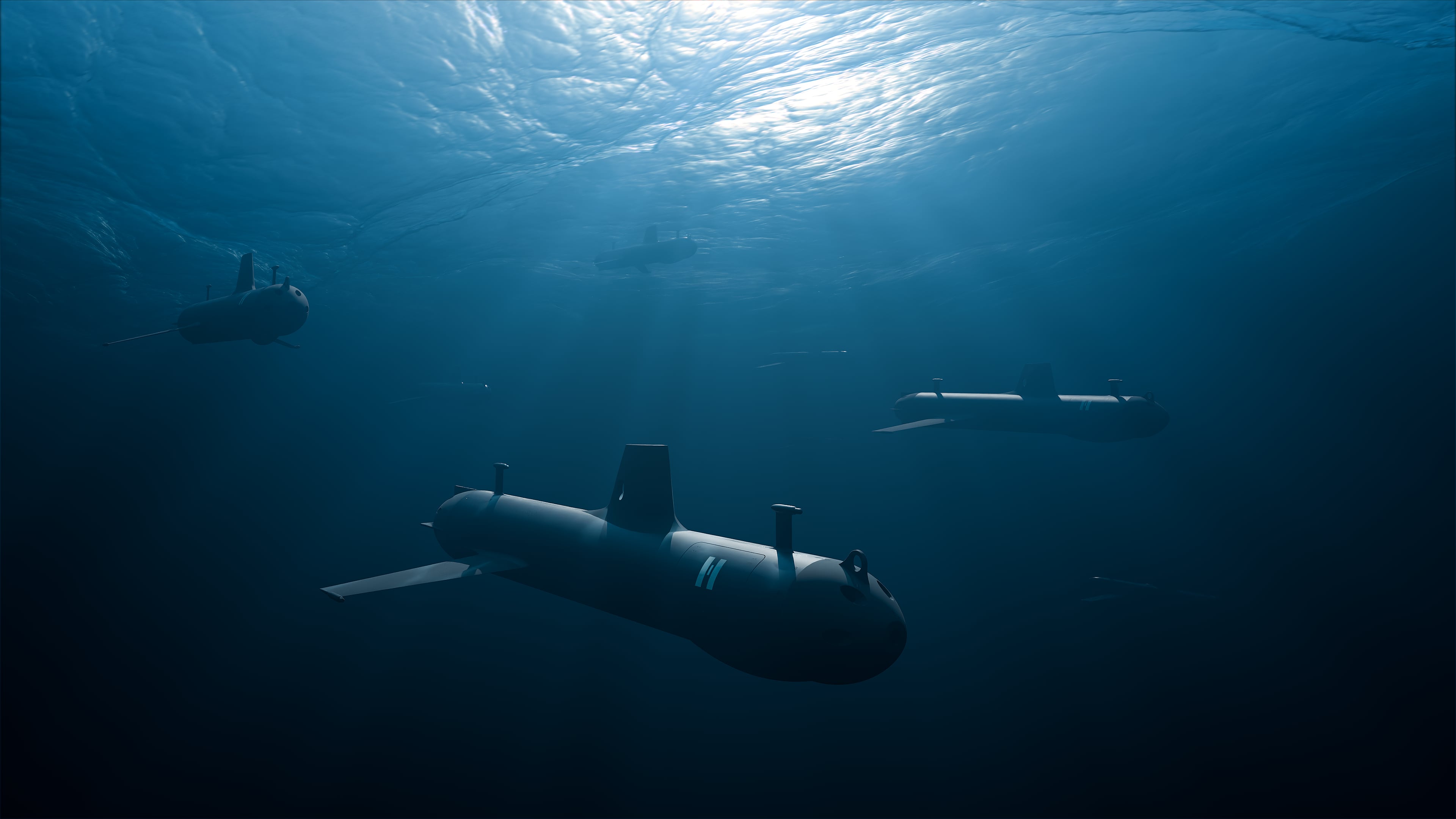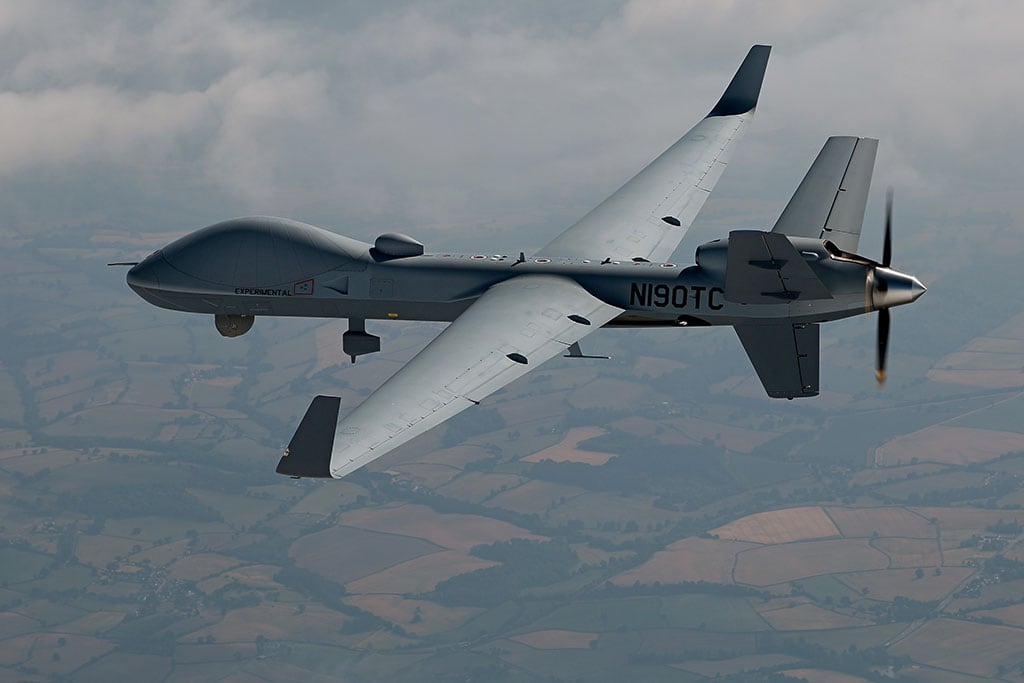The Navy late on Sept. 18 released its first request for information to recompete its Next Generation Enterprise Network contract, giving vendors an early idea of what it will be looking for the second time around for the mammoth agreement.
The package includes a 50-page PDF survey for would-be competitors that evaluates vendors' capabilities in key areas such as cybersecurity, end-user services, enterprise services, network services, and video and voice services.
"The purpose of these questions is to perform a broad market scan to identify: what concentration of companies is working in what IT service delivery space; what services offerings might be bundled to create attractive government contract offerings to industry; and, industry's competitive posture for the 2018 and out time frame," the RFI states.
Responses to the RFI are due Oct. 19. This is "the first of several planned engagements with industry," Navy officials said in the documents.
The $3.5 billion NGEN recompete is the follow-on to the five-year contract awarded to Hewlett Packard Enterprise Services two years ago, which is scheduled to expire in June 2018. The current agreement covers 34 services areas, but that could change the next time around as the Navy eyes other ways of delivering services for its network infrastructure. Current infrastructure centers on the Navy Marine Corps Intranet, which the NGEN contract manages. NMCI boasts more than 300,000 seats and 700,000 users.
The RFI also mentions potential future uses for the Marine Corps Enterprise Network, cloud services and as-a-service offerings including infrastructure-, platform- and software-as-a-service.
"The key tenets of any potential future contracts include global reach, speed to delivery, cloud-based services, innovation, mobility, data analytics and cybersecurity," Navy officials noted in the RFI.
Victor Gavin, Navy program executive officer for enterprise information systems, hinted as much last spring at an industry conference when he talked about the fast pace and capabilities of commercial technologies versus a multi-year contracting process.
"In this space ... five years is an eternity," he said in April, according to Defense Daily. "A really easy thing for us to do is to pick up what we did before, dust it off, put a new name on it, put a new year in it and send it back out. I don't want to do that. I believe the technology has changed so much, I believe that the business model and the delivery model of that technology has changed so much that we need to rethink how we ... acquire this new capability."








